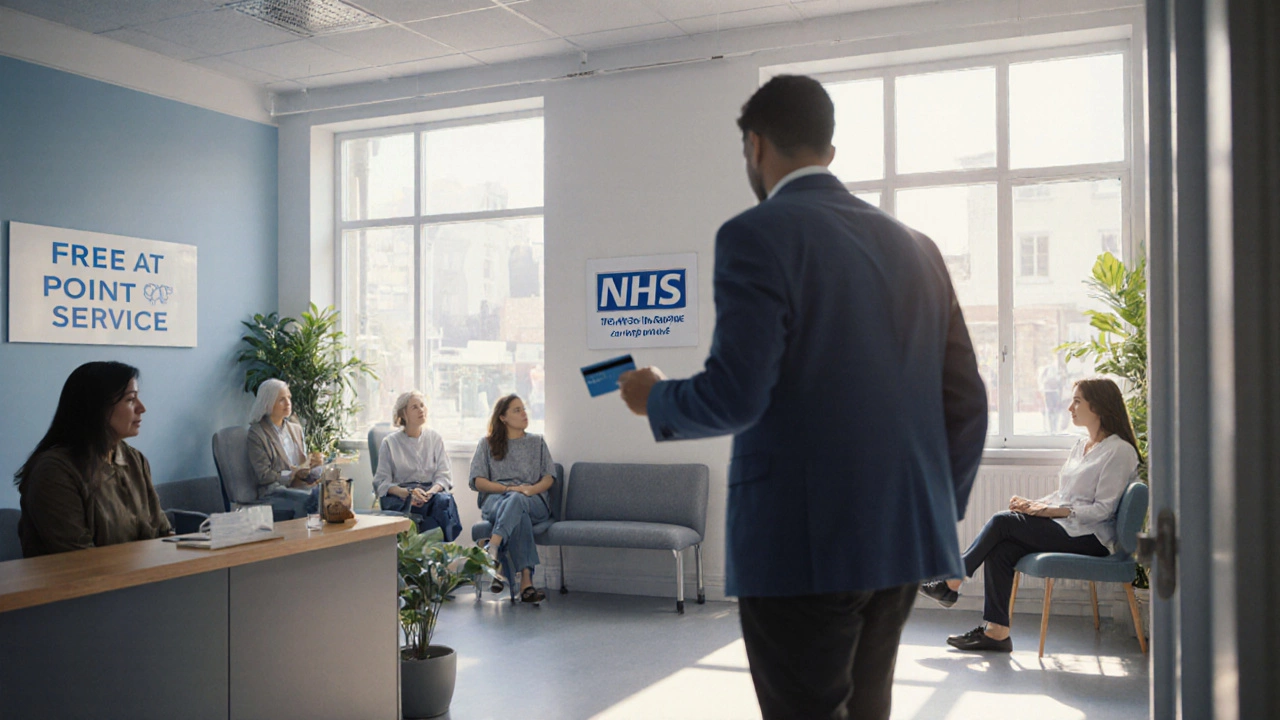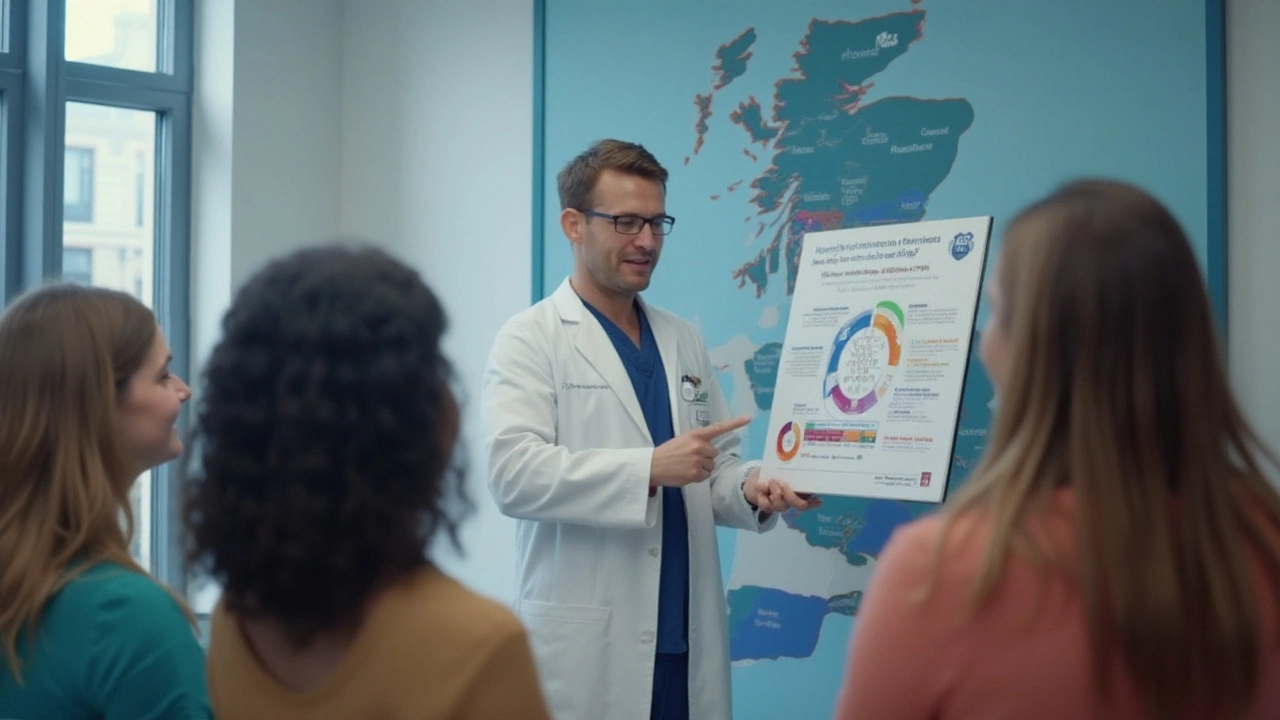Free Healthcare in the UK: Who Gets It and How to Use It
If you’ve ever wondered whether you can see a doctor without paying a bill, you’re not alone. The UK’s National Health Service (NHS) offers free care to many people, but the rules can feel confusing. Below you’ll find the basics on who qualifies, what services are covered, and practical steps to get help without surprise charges.
Eligibility – Residents, Citizens, and Visitors
First off, the NHS is free at the point of use for anyone who is a UK resident and has a valid NHS number. That includes British citizens, people with settled status, and most EU nationals who have lived in the UK for at least three months. If you’re a student or a worker on a visa, you’ll also be covered once you register with a local GP.
Visitors from abroad can still get emergency care without a bill. Accident & emergency (A&E) departments treat anyone who walks in, regardless of residency. However, non‑emergency services like routine GP visits usually require you to be a resident or to have travel insurance that covers the cost.
People from countries with reciprocal health agreements – like many EU nations – can use the European Health Insurance Card (EHIC) or its UK replacement, the GHIC, for necessary treatment. The card lets you access NHS services at the same cost as a resident, but it does not cover private or elective procedures.
Practical Tips to Get Care Without Bills
Step one: register with a GP as soon as you move to the UK. You’ll need proof of address (a utility bill works) and your passport or ID. Once you have an NHS number, most services – from prescriptions to routine check‑ups – are free, though you’ll pay a small charge for each prescription unless you qualify for a pre‑payment certificate.
If you’re a tourist, keep your passport handy and head straight to A&E for any urgent problem. For non‑urgent issues, ask the staff if they can refer you to an NHS walk‑in centre or a community pharmacy that offers free advice.
Don’t forget about NHS dental and eye care. These aren’t completely free, but you can get heavily subsidised treatment if you qualify for certain exemptions, like low‑income status or specific medical conditions. Check the NHS website for the latest exemption criteria.
Finally, consider a short‑term health insurance plan if you plan to stay longer than a few weeks. It can fill the gaps for services that the NHS doesn’t cover for visitors, like private specialists or elective surgeries. The right plan can save you from paying hefty out‑of‑pocket fees later.
Bottom line: the NHS provides free core medical services to residents and emergency care to everyone. Knowing your eligibility, registering with a GP, and having a backup plan for non‑covered services will keep your health worries low and your wallet safe.
What Country Has 100% Free Healthcare? Real Answers for 2025
No country offers completely free healthcare, but several like the UK, Canada, and Sweden provide near-total coverage through taxes. Learn how universal systems work, what they cover, and why the U.S. is the outlier.
Can a US Citizen Get Free Healthcare in the UK?
Ever wondered if you can walk into a UK hospital and get treated without pulling out your wallet just because you carry a US passport? This article breaks down how the NHS works, who actually qualifies for free care, and what US citizens really get when it comes to British healthcare. You’ll find practical tips to avoid nasty surprises, real examples of costs, and everything you need to know about travel insurance. Skip the rumors and get the straight facts, whether you’re planning a quick visit or something longer.
Is Surgery Free in the UK? What You Need to Know About Healthcare and Costs
Wondering if surgery is really free in the UK? This article uncovers how the NHS covers surgery, where private care fits in, and what exceptions exist. Find out how residency and certain life situations affect your access and what costs might surprise you. Learn about waiting times, hidden fees, and insurance tips. Get straightforward advice on making the best choice for your health without worrying about your budget.
How to Qualify for Free Healthcare in the UK
This article explores the requirements to access free healthcare in the UK. It explains the National Health Service (NHS) system and clarifies who is eligible for free medical care. The importance of residency status and how it affects healthcare entitlements is covered. The piece also provides guidance on how non-residents and visitors can access healthcare services and the costs involved.




